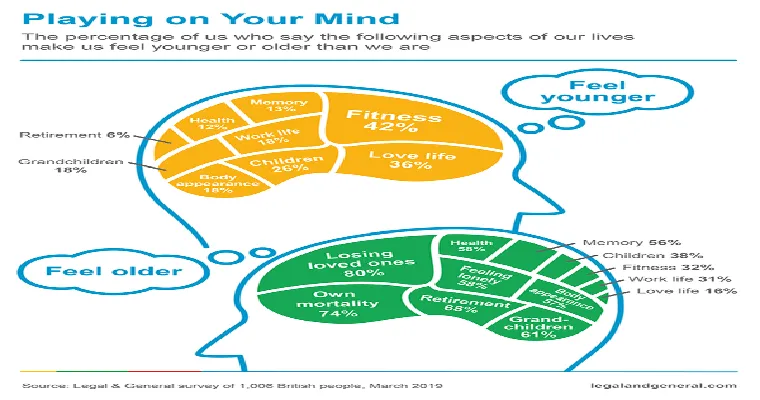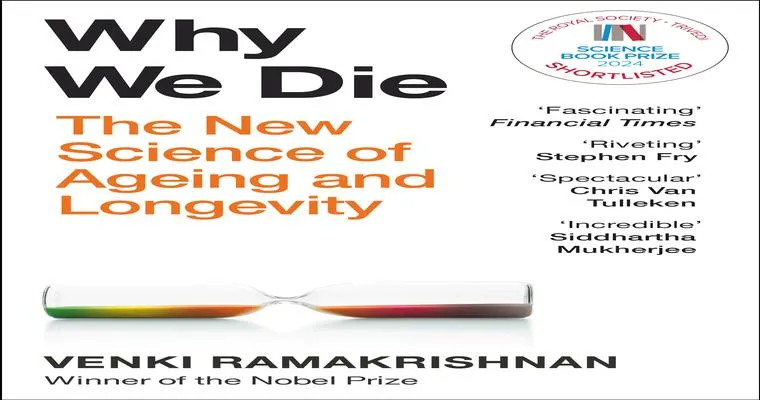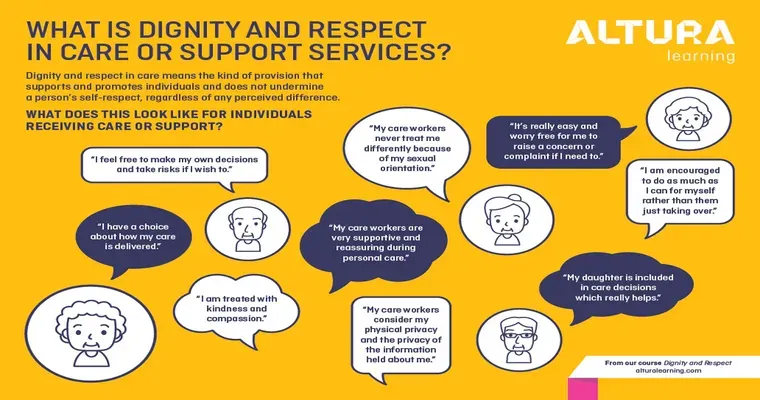As we age, many people begin to wonder what it truly "feels like to be old". The experience of growing older is often filled with a mix of emotions and physical changes that can shape one's perspective on life. From the gradual decline in "physical strength" to the wealth of "wisdom" acquired over the years, the journey into old age is unique for everyone. Understanding these changes can help us better appreciate the "aging process" and the rich experiences it brings.
One of the primary aspects of aging is the "physical changes" that occur in the body. Many older adults notice a decrease in "energy levels", making daily activities more challenging. Simple tasks like climbing stairs or carrying groceries can become daunting. Joint pain, reduced flexibility, and slower recovery from injuries are common physical hurdles that can impact one’s overall quality of life. While these changes can be frustrating, they often lead to a greater appreciation for "health" and the importance of maintaining an active lifestyle.
Alongside physical changes, there are also significant "emotional shifts" that many individuals experience as they age. The realization of "mortality" can provoke a range of feelings, from fear and anxiety to acceptance and peace. Some older adults reflect on their lives with pride, while others may struggle with regrets. Such introspection is a natural part of aging and can lead to a deeper understanding of oneself and the world. This emotional complexity often fosters a sense of resilience, as many learn to navigate the ups and downs of life with greater ease.
Social relationships also play a vital role in the experience of aging. As we grow older, "friendships" may change due to relocations, health issues, or even the passing of peers. This can lead to feelings of loneliness or isolation. On the flip side, many older adults find joy in nurturing new relationships or strengthening existing ones. The bonds formed during this stage of life can be incredibly fulfilling, providing a sense of community and belonging that is essential for emotional well-being.
Moreover, the wisdom gained through "life experiences" can be one of the most rewarding aspects of aging. Older individuals often possess a wealth of knowledge and insight that can benefit younger generations. This accumulated wisdom allows for deeper connections and more meaningful conversations, enriching both the lives of the elders and those around them. Many find fulfillment in sharing their stories and lessons learned, creating a legacy that transcends their own lifetime.
In conclusion, the experience of growing older is multifaceted, encompassing physical, emotional, and social dimensions. While the challenges of aging, such as declining health and emotional fluctuations, can be daunting, they also offer opportunities for growth and connection. Understanding what it feels like to be old not only helps in navigating this phase of life but also fosters empathy towards others who are on the same journey. Embracing the aging process with an open heart can lead to a fulfilling and enriched life, filled with "gratitude", "wisdom", and cherished relationships.





